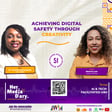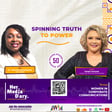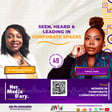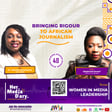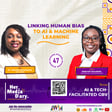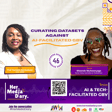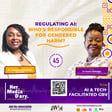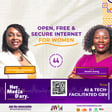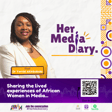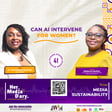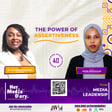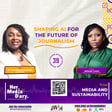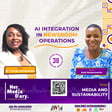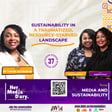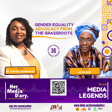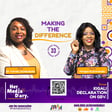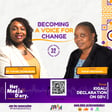
Her Media Diary Episode 26: “Shunning Gender Stereotypes” with Peace Hillary
Peace Hillary is an accomplished Rwandan journalist with over 20 years of experience in the media profession. She currently serves as the Managing Director of Family Magazine, which focuses on gender issues, family promotion, women’s empowerment, combating Gender-Based Violence (GBV), and family conflicts.
Peace shares her journey from surviving the Rwandan genocide, to becoming a prominent voice for gender equality and women's empowerment. She discusses lobbying for a gender desk at the Rwandese Ministry of Defense, founding Family Magazine, her efforts in combating gender-based violence, and her vision for a media landscape that includes and uplifts marginalized voices.
Subscribe to Her Media Diary now on your favourite podcasting platform https://linktr.ee/hermediadiary
Learn about African Women in Media at https://africanwomeninmedia.com
List of Resources to Support Women in Media
· International Women’s Media Foundation (IWMF)
· African Women in Media (AWiM)
· Public Media Women in Leadership
· International Journalists’ Network (IJNet)
